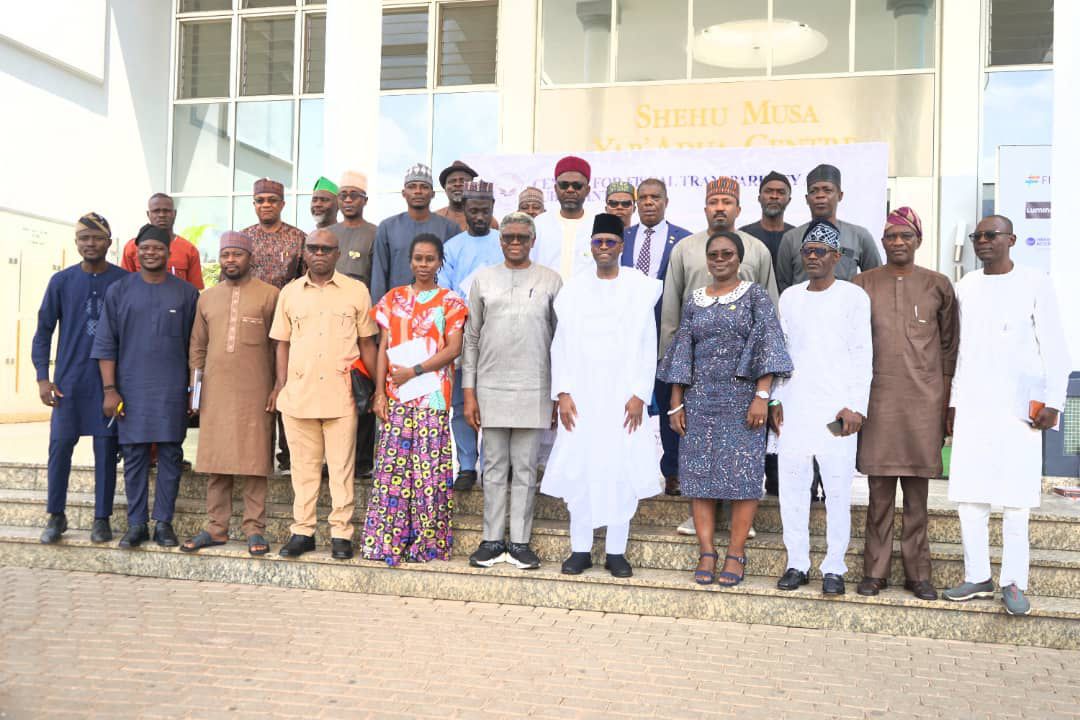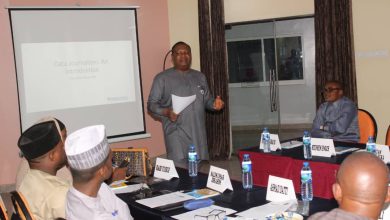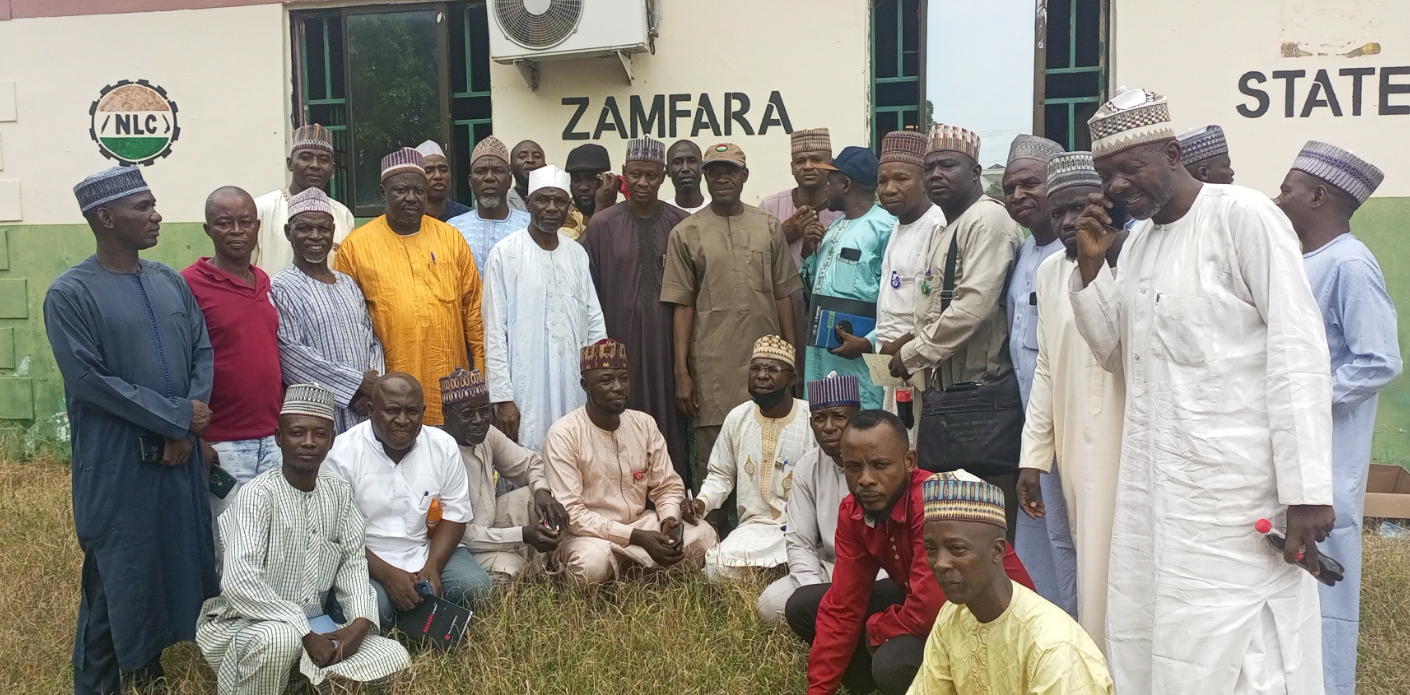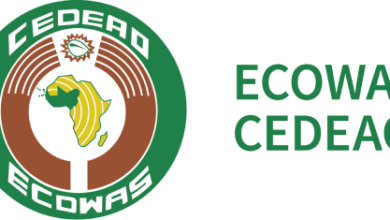
The Independent Corrupt Practices and Other Related Offences Commission (ICPC) has restated its commitment to strengthening institutional frameworks in Nigeria’s 774 local government areas to promote transparency and accountability.
This was contained in a statement signed by Demola Bakare, fsi, Director of Public Enlightenment and Education and Spokesperson for the Commission, on Saturday, October 4, 2025.ICPC Chairman, Dr. Musa Adamu Aliyu, SAN, made the pledge on Friday in Abuja during the official presentation of the First Nigerian Local Government Integrity Index Report by the Centre for Fiscal Transparency and Public Integrity.
Dr. Aliyu commended the initiative, describing it as a timely tool for promoting good governance at the grassroots. He said the Commission would study the report’s findings and integrate its innovations into ICPC’s newly launched Accountability and Corruption Prevention in Local Governments (ACCP-LG) programme.
“We shall take a cue from this Index Report, particularly on issues of transparency, accountability, and local government finances,” he said.
“Our goal is to strengthen institutional frameworks in local governments to ensure they deliver effective and impactful services to the people.
”Presenting the report, the Executive Director of the Centre for Fiscal Transparency and Public Integrity, Dr. Umar Yakubu, revealed that 85 percent of LGAs in Nigeria fall into the “Very High” or “Critical” risk categories, highlighting weak governance structures and poor service delivery.
The report assessed local governments using eight key pillars, including fiscal transparency, anti-corruption enforcement, civic oversight, and digital infrastructure. Only four LGAs were rated “Low Risk,” with Nasarawa LGA in Nasarawa State emerging as the best performer, while Port Harcourt LGA in Rivers State was rated among the weakest.
Dr. Yakubu recommended urgent reforms such as direct fund allocation to LGAs, quarterly transparency audits, and the adoption of open contracting and digital governance systems.
The event also revealed ICPC’s continued partnership with civil society organisations in promoting research-based interventions to strengthen Nigeria’s anti-corruption drive.










